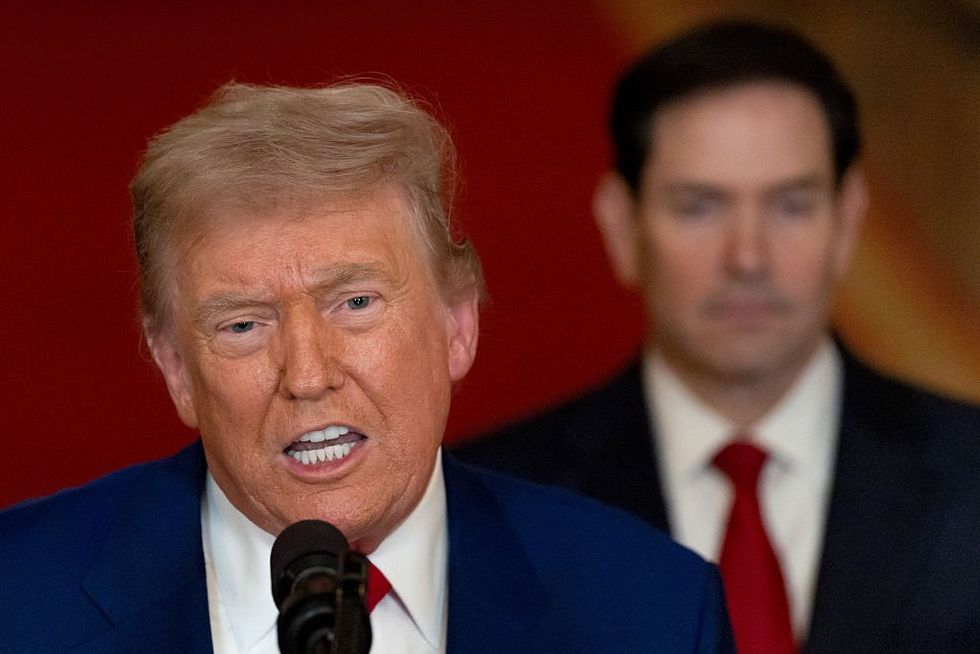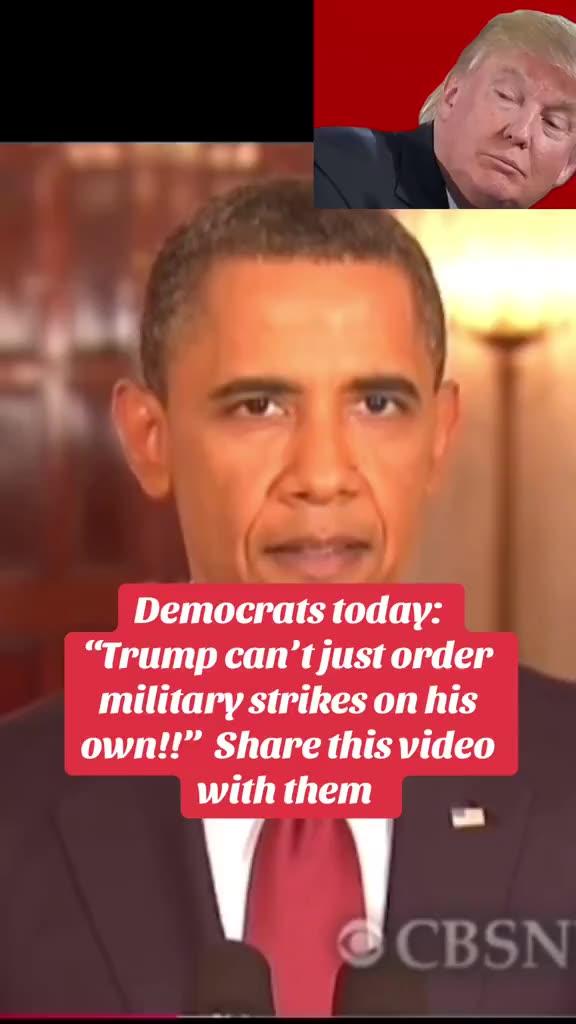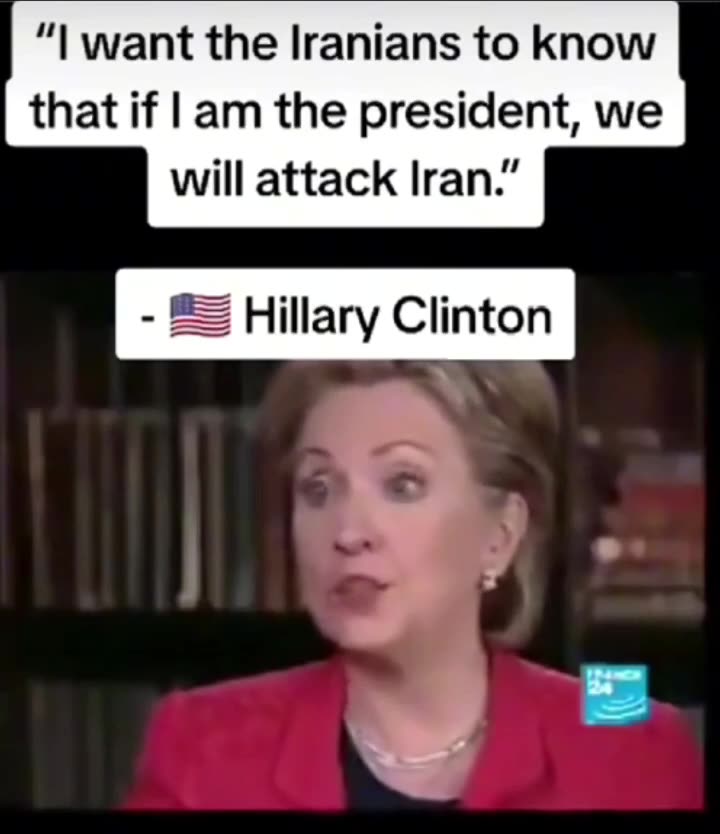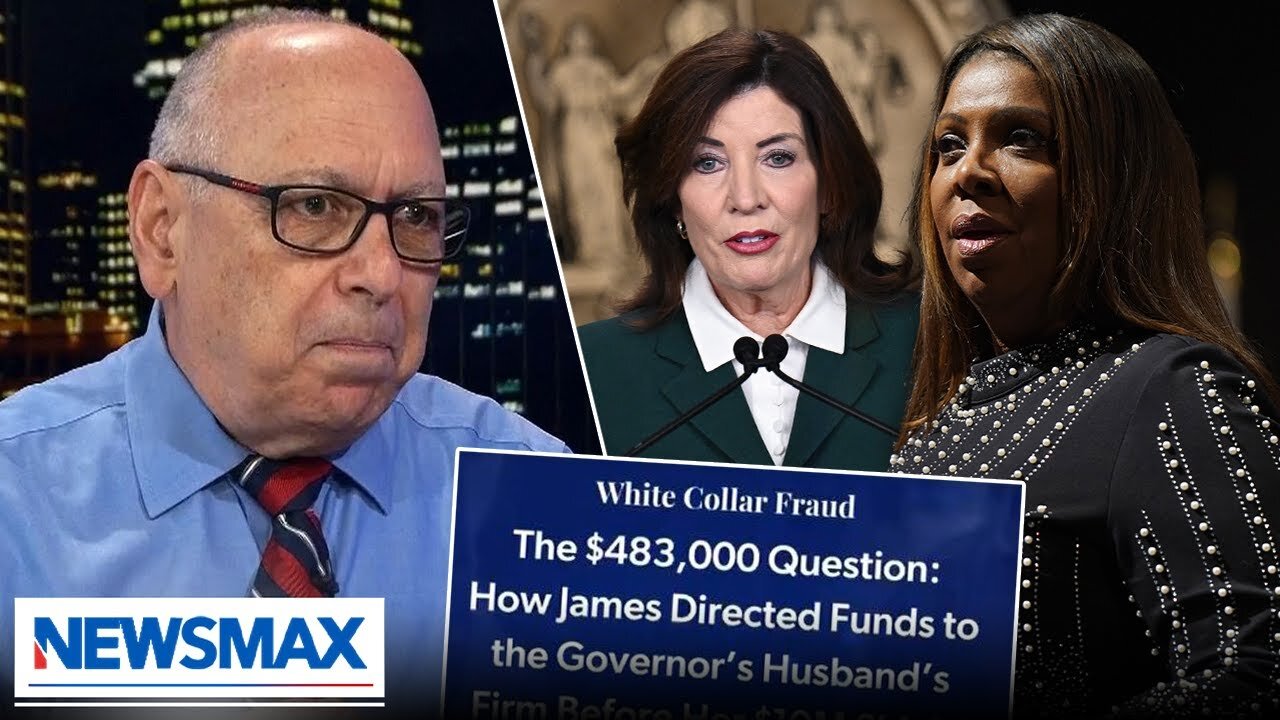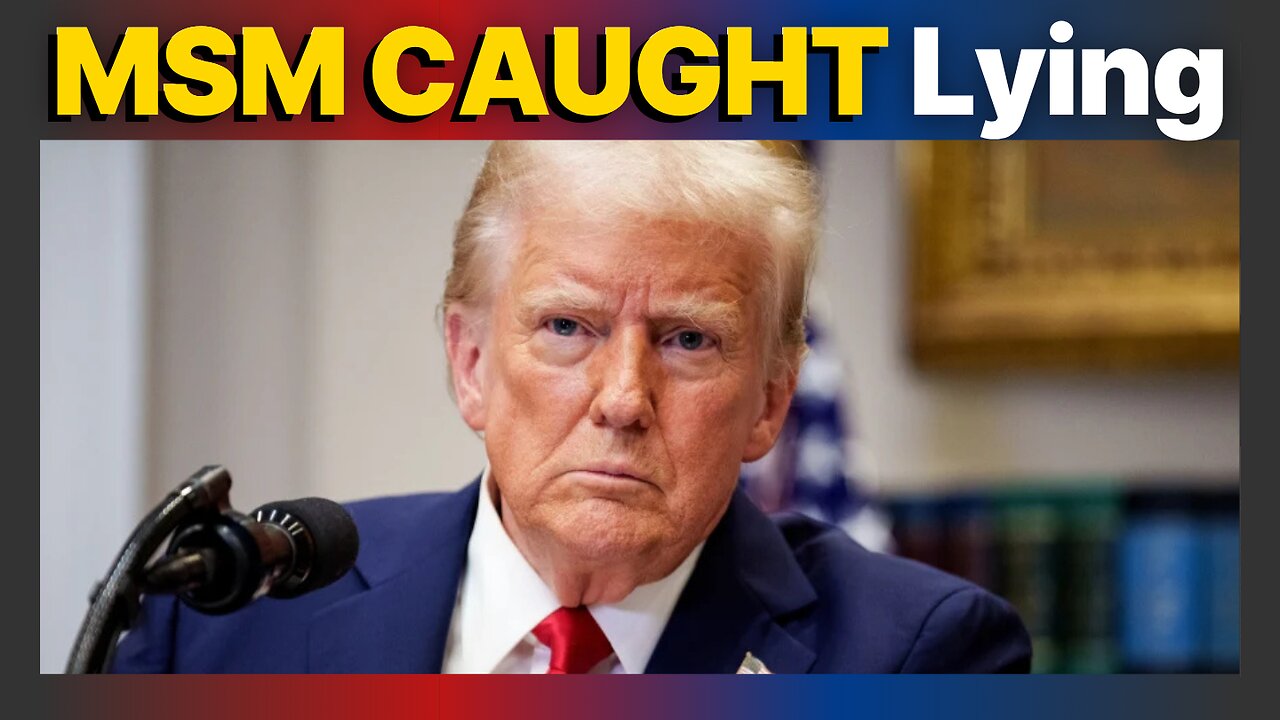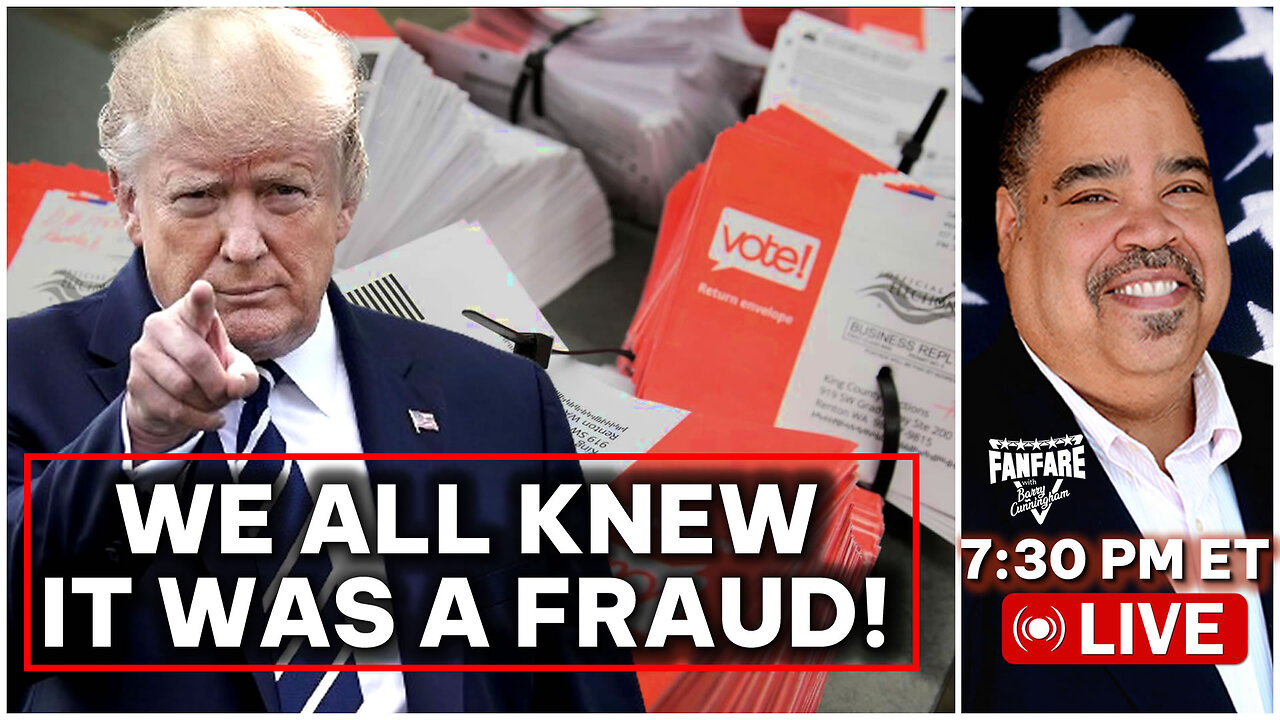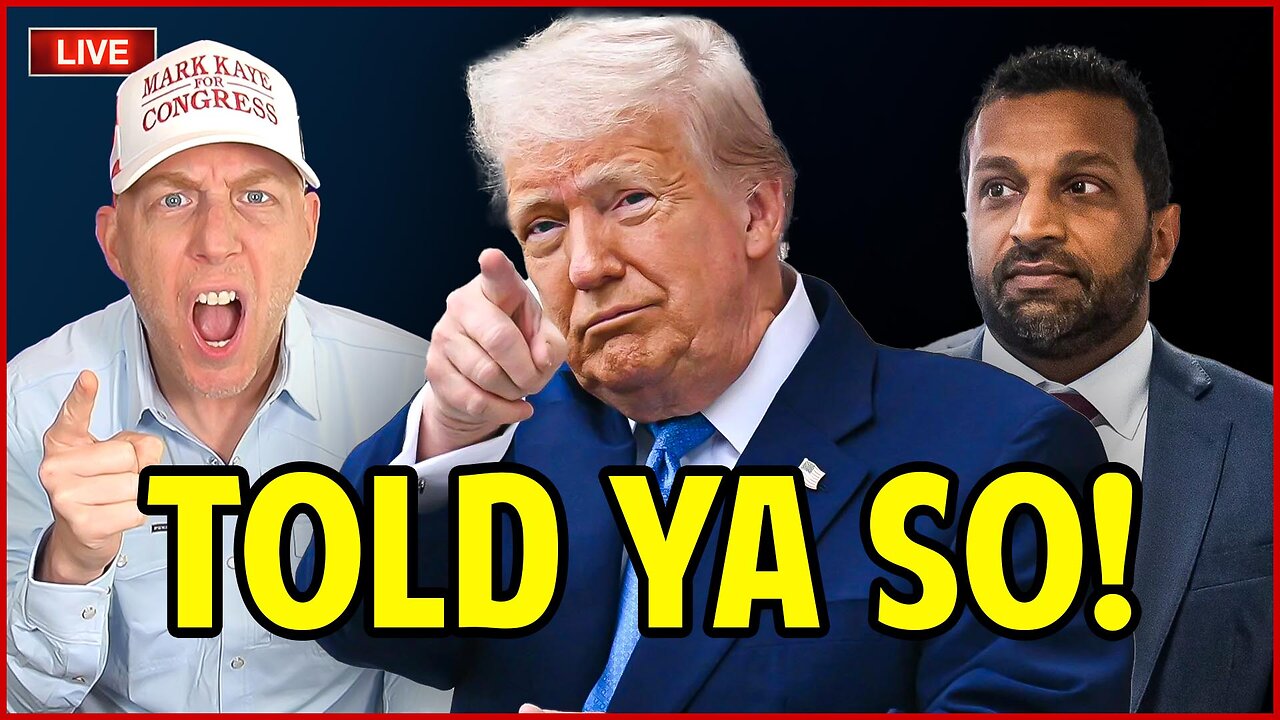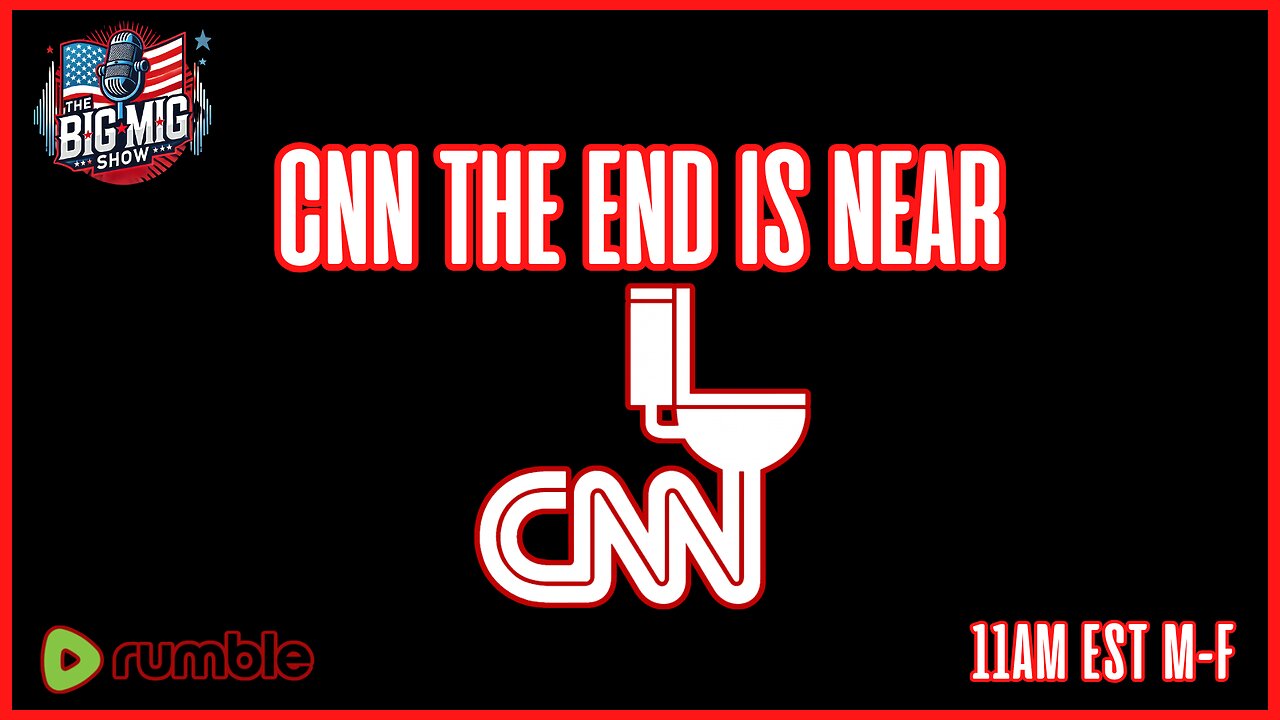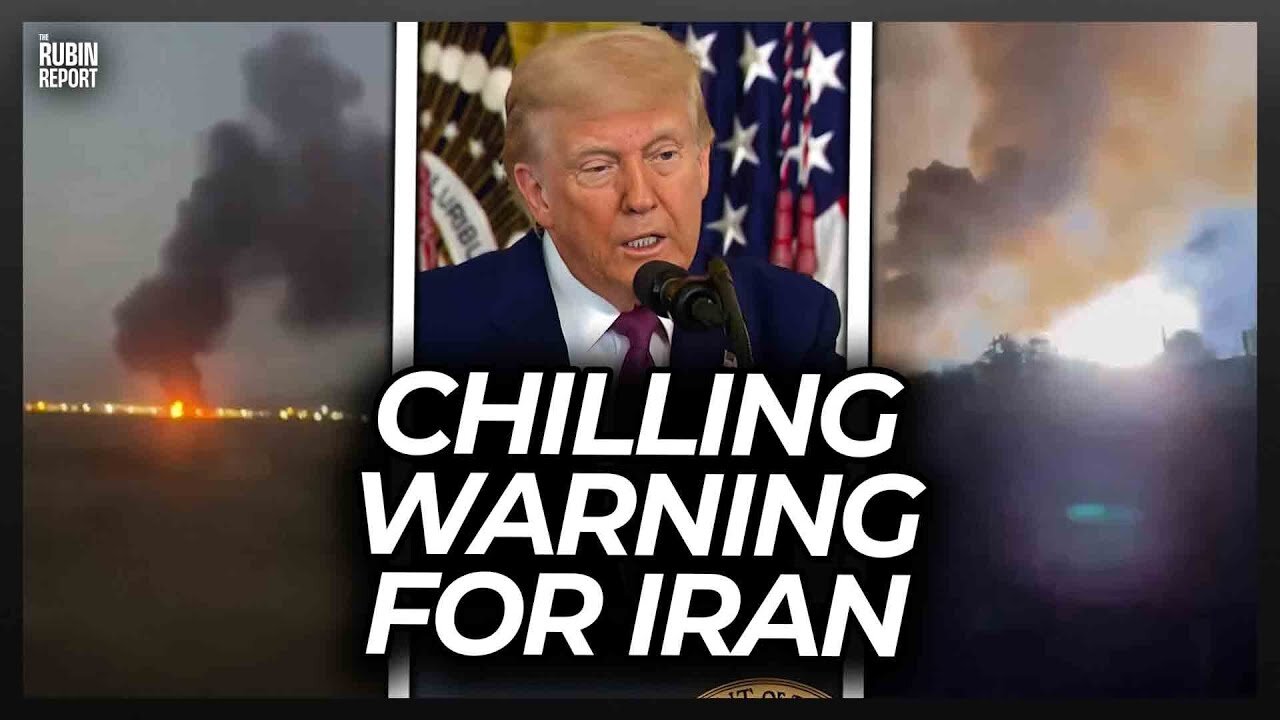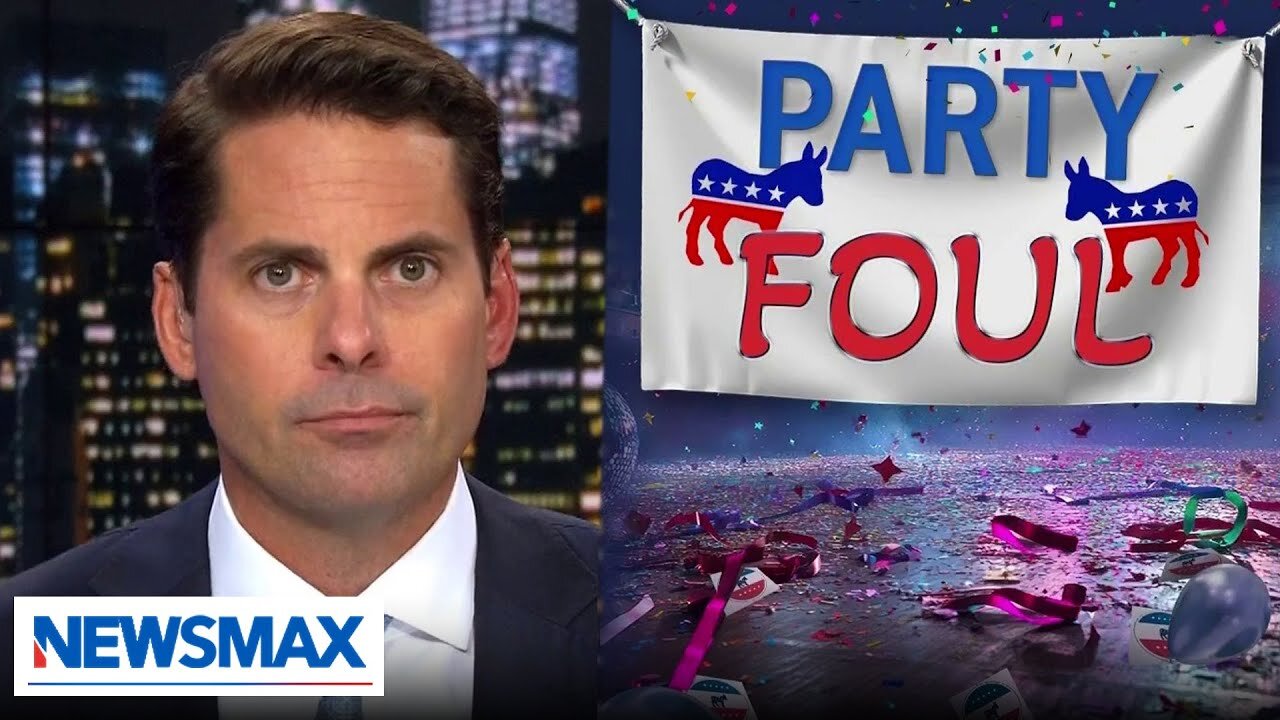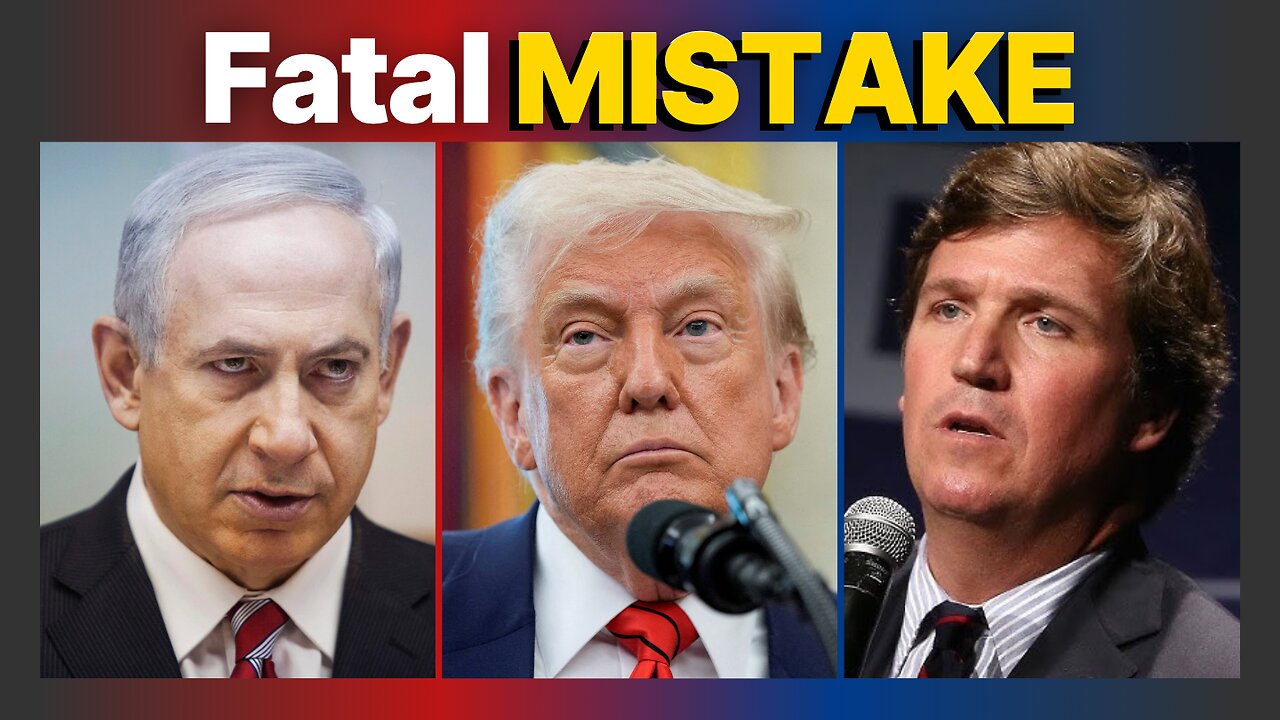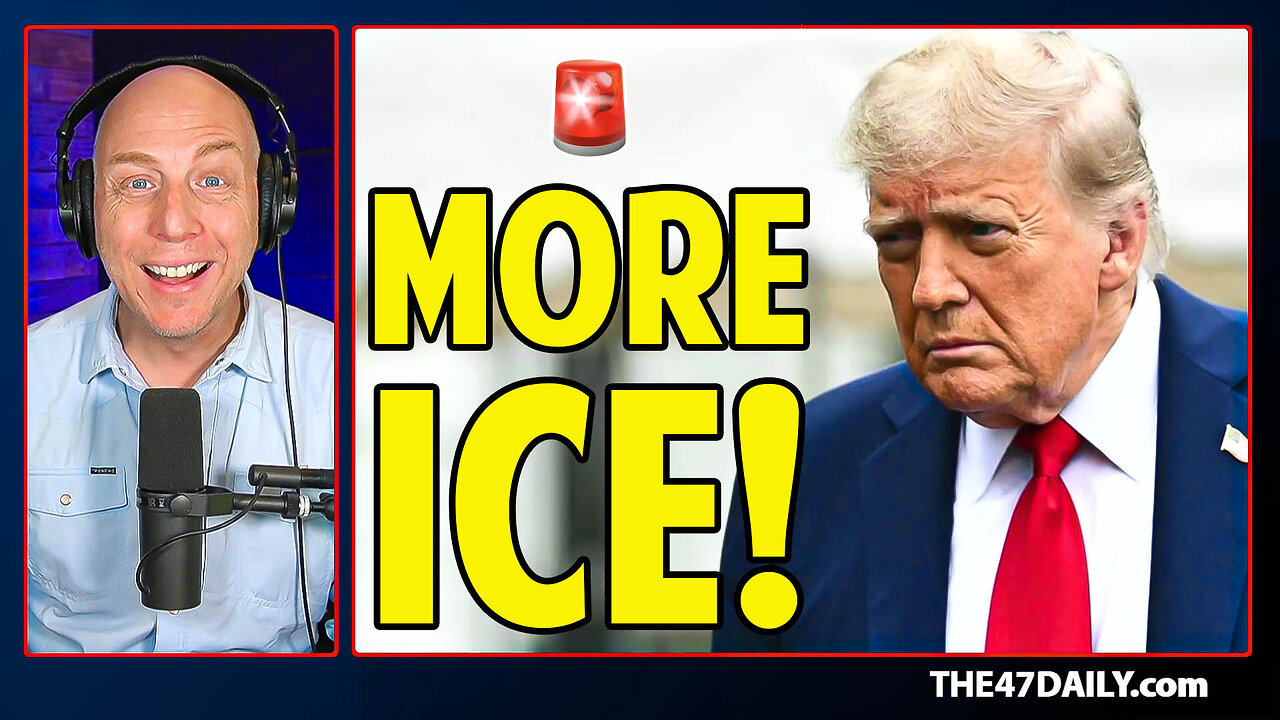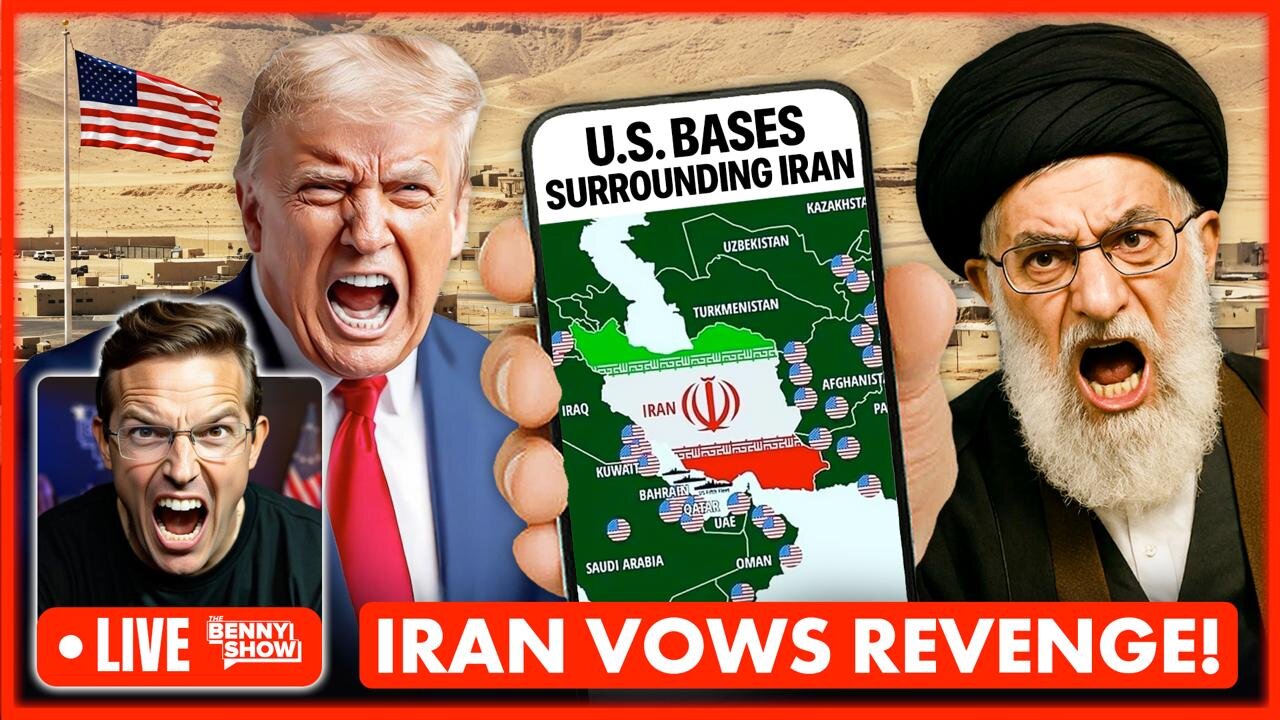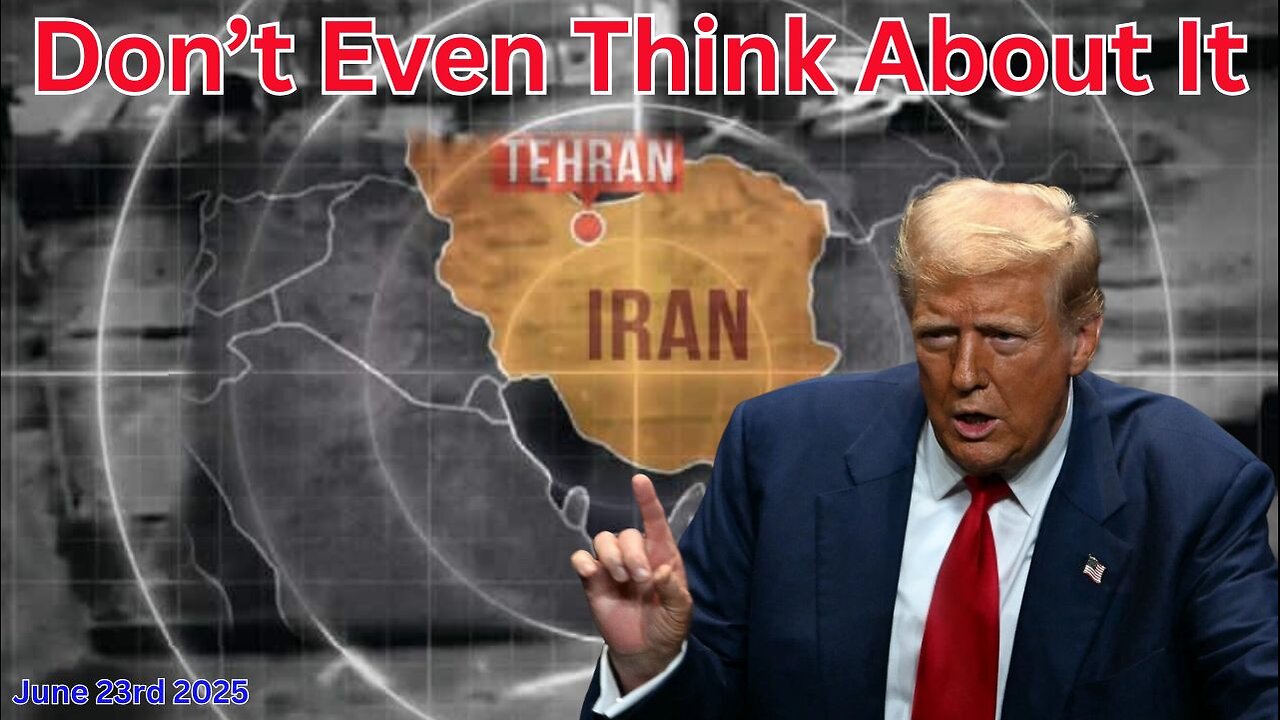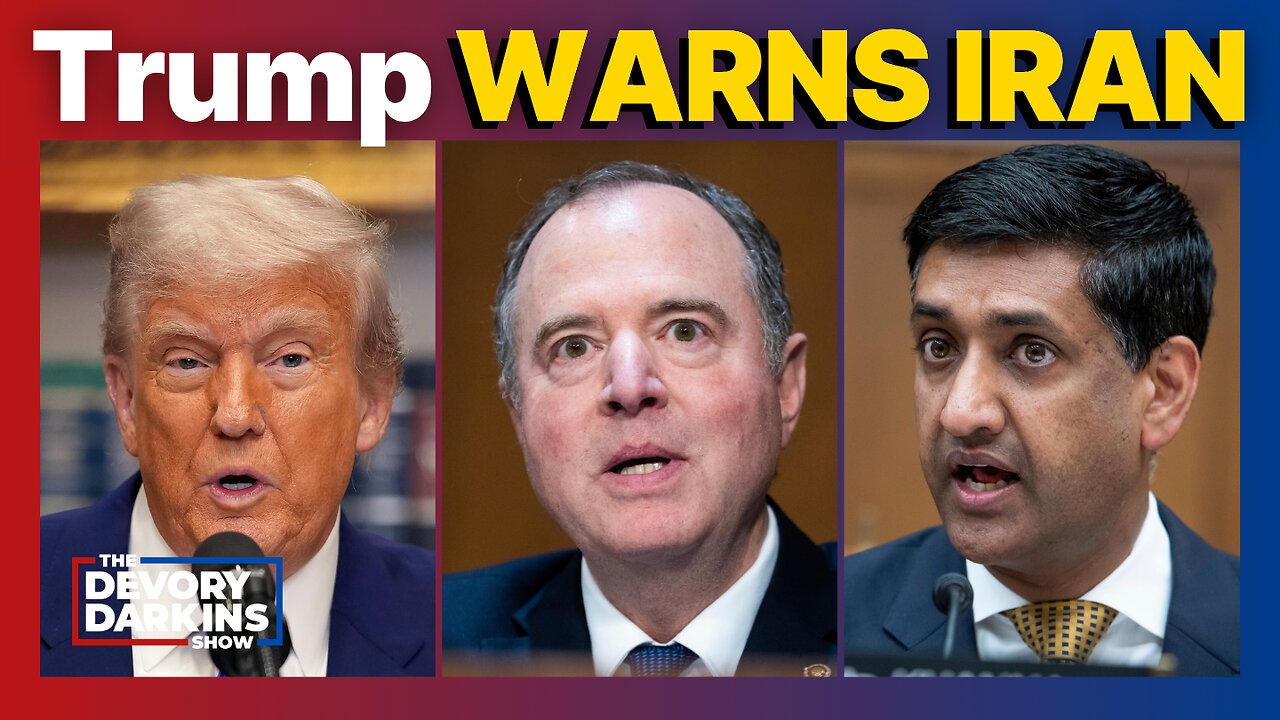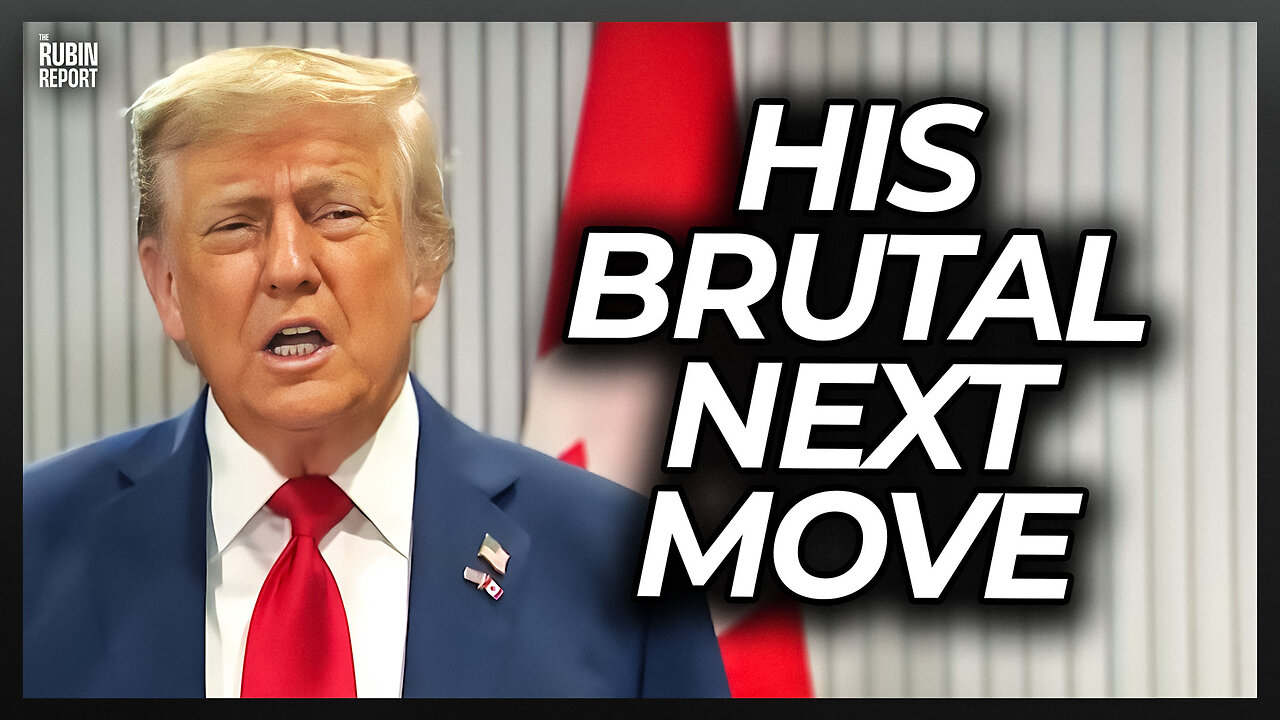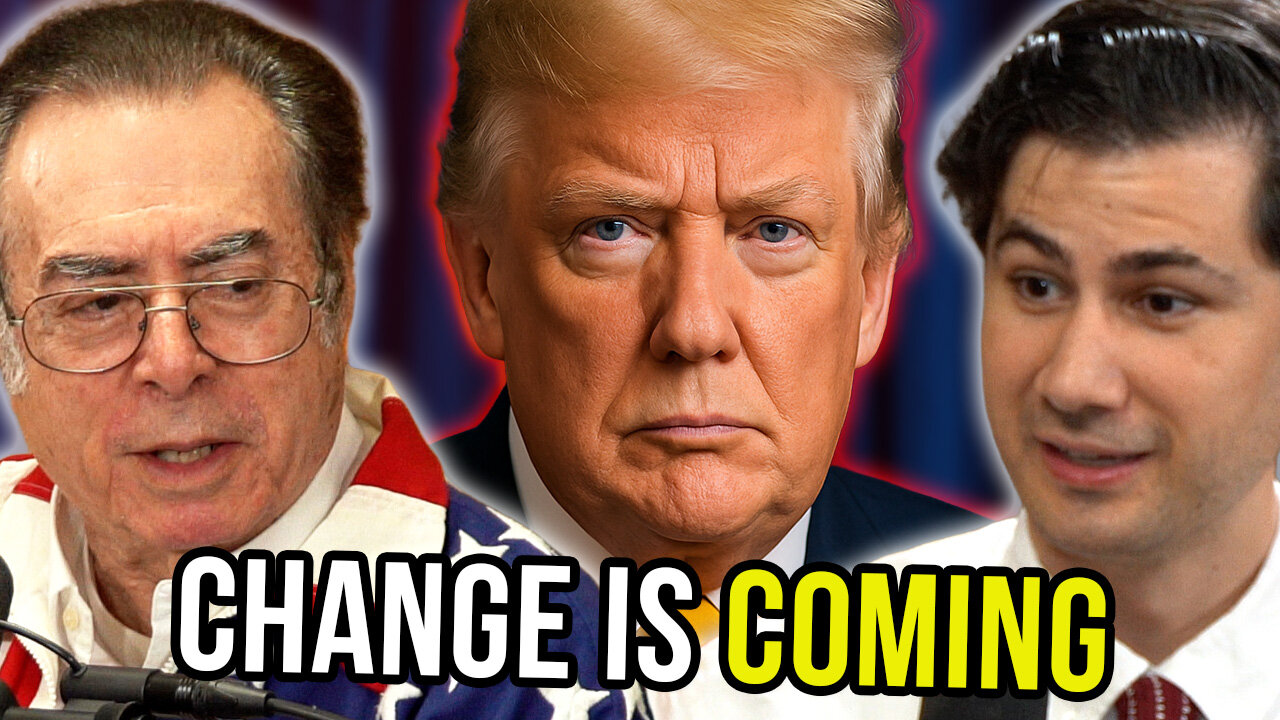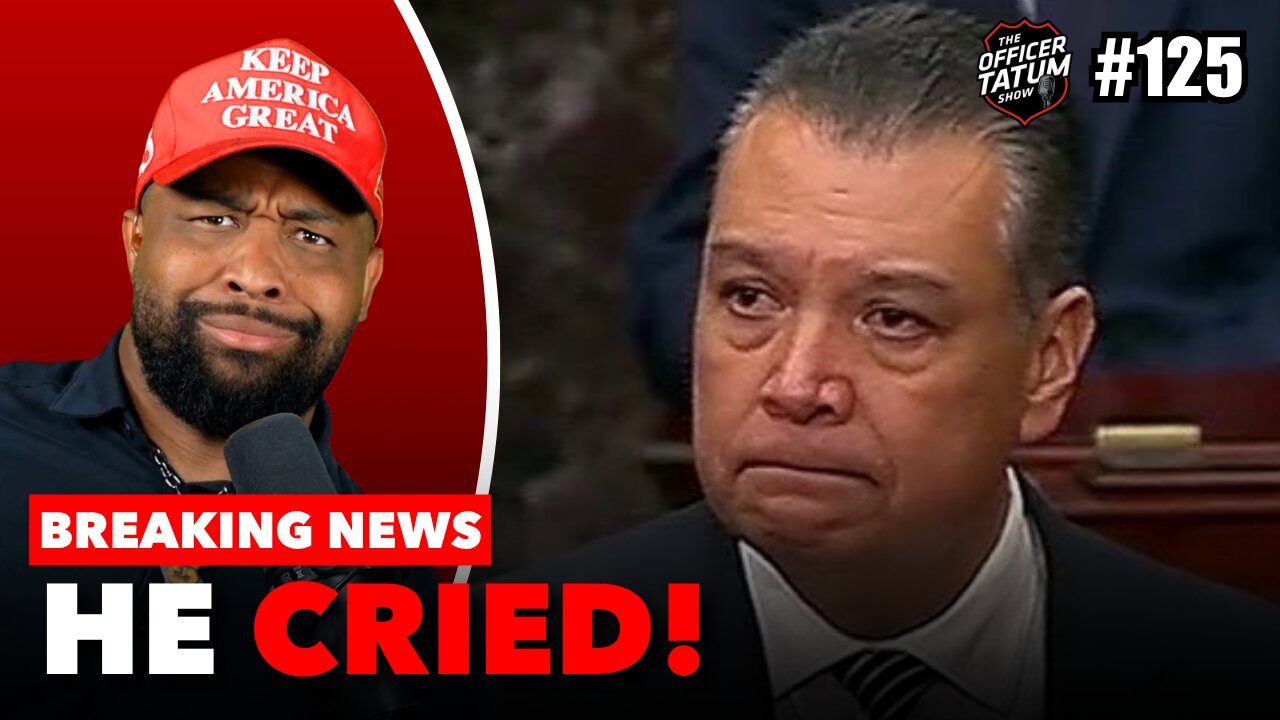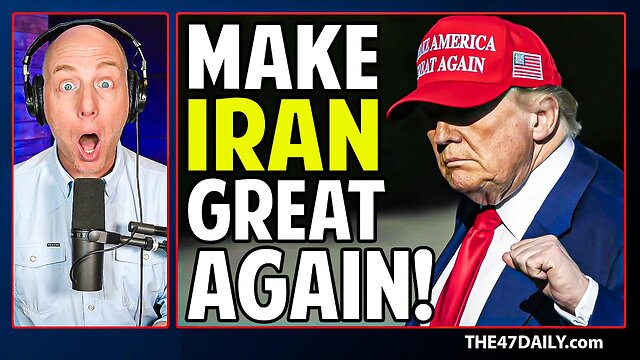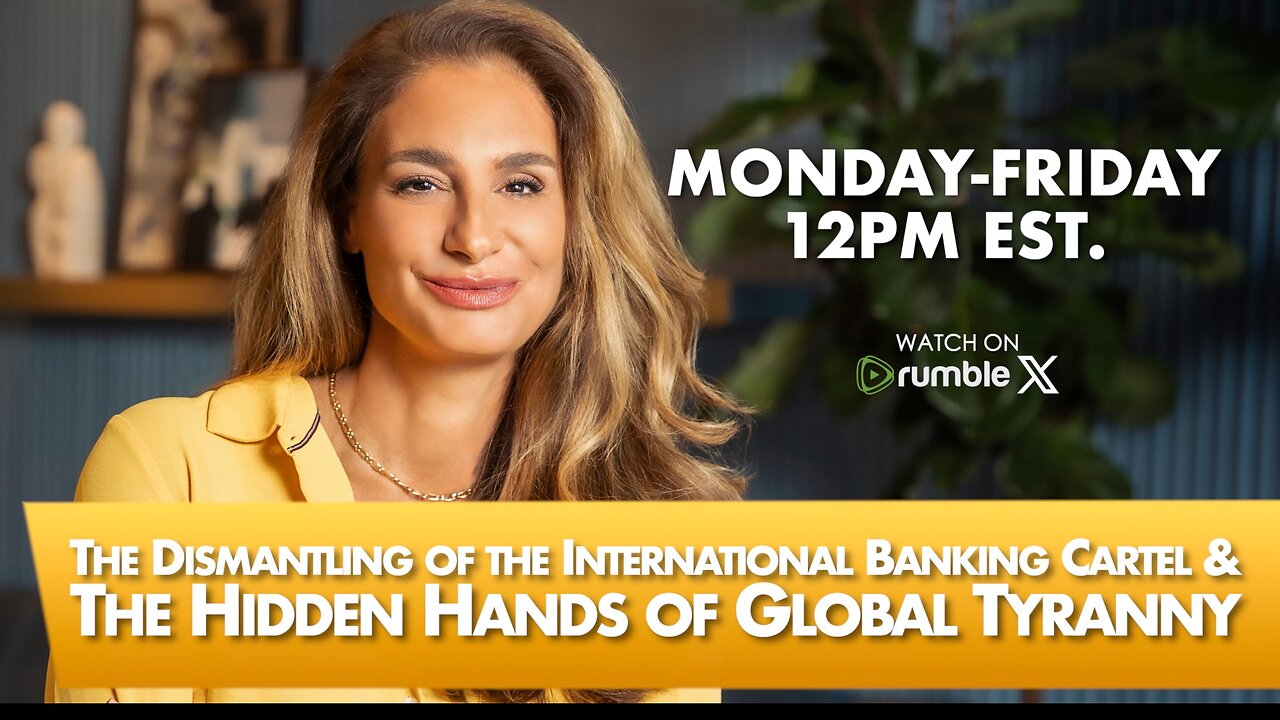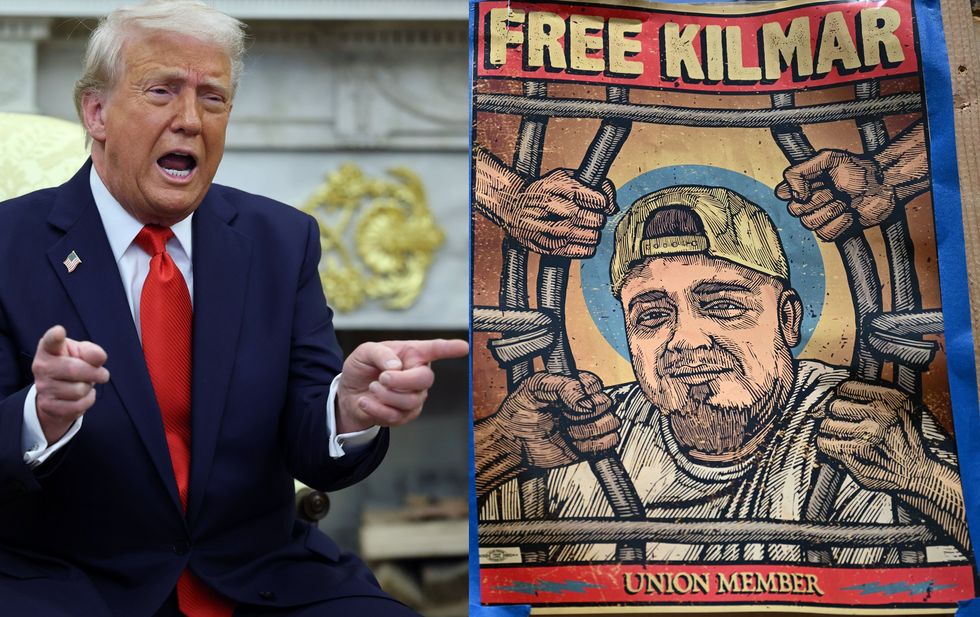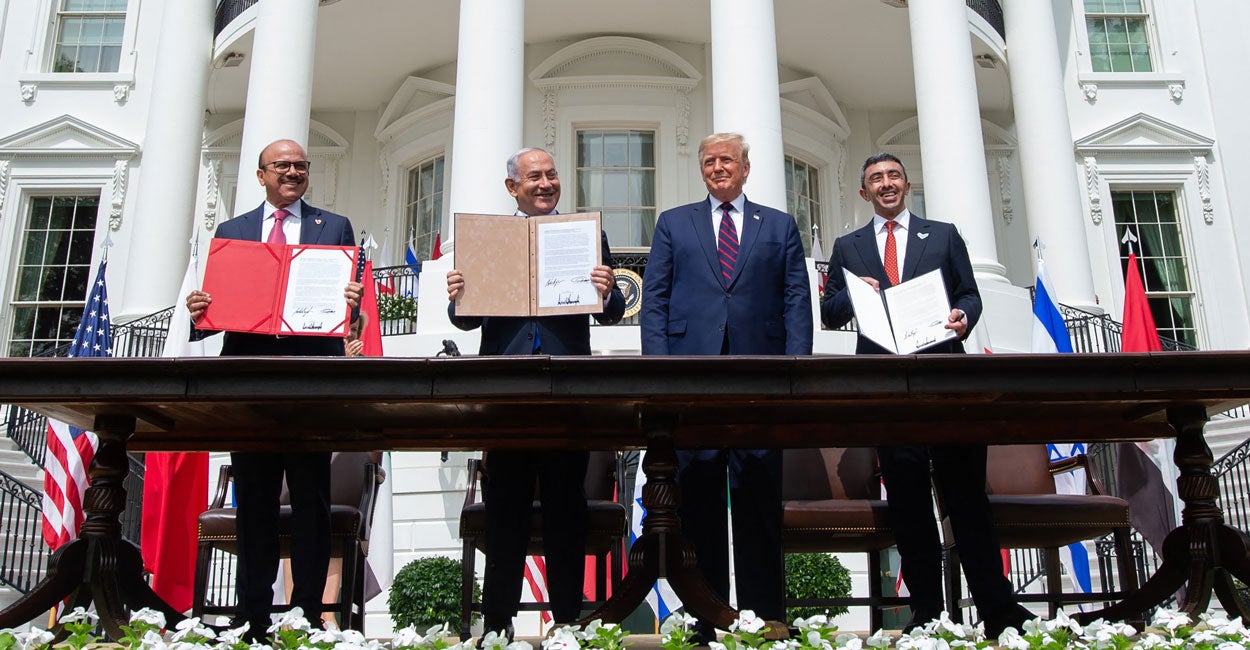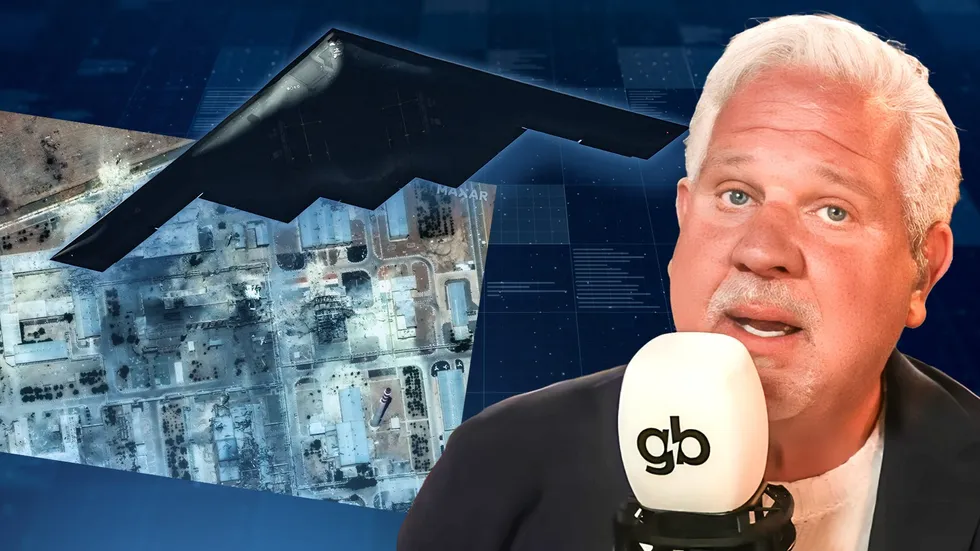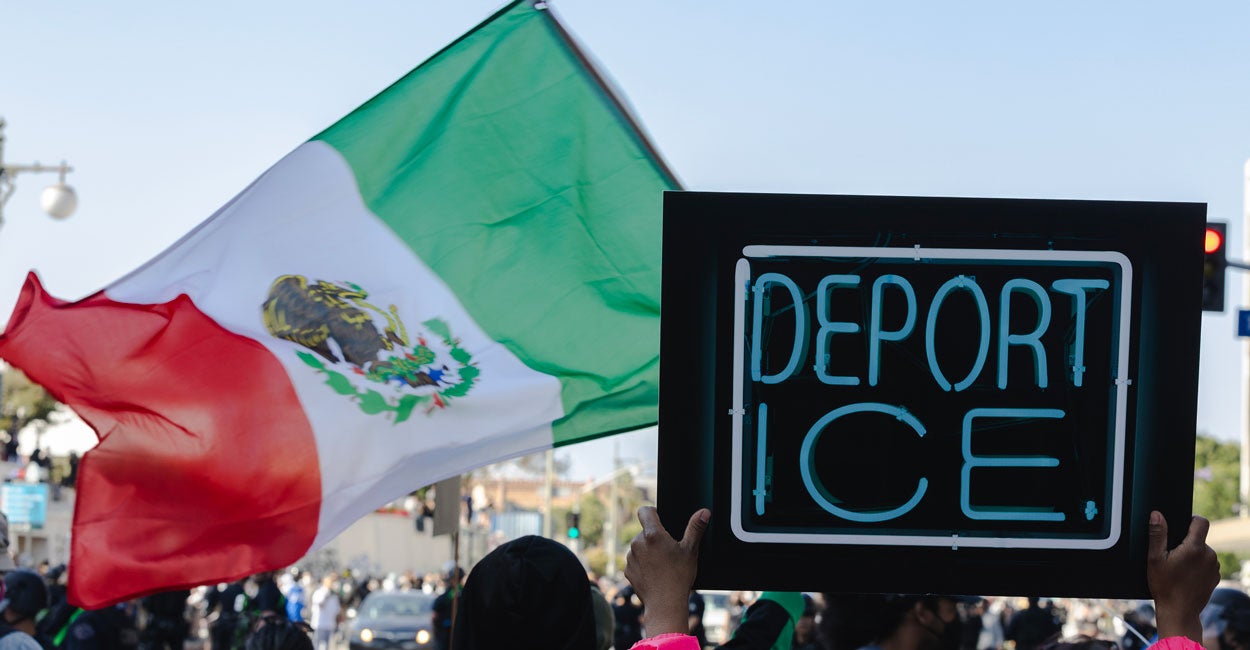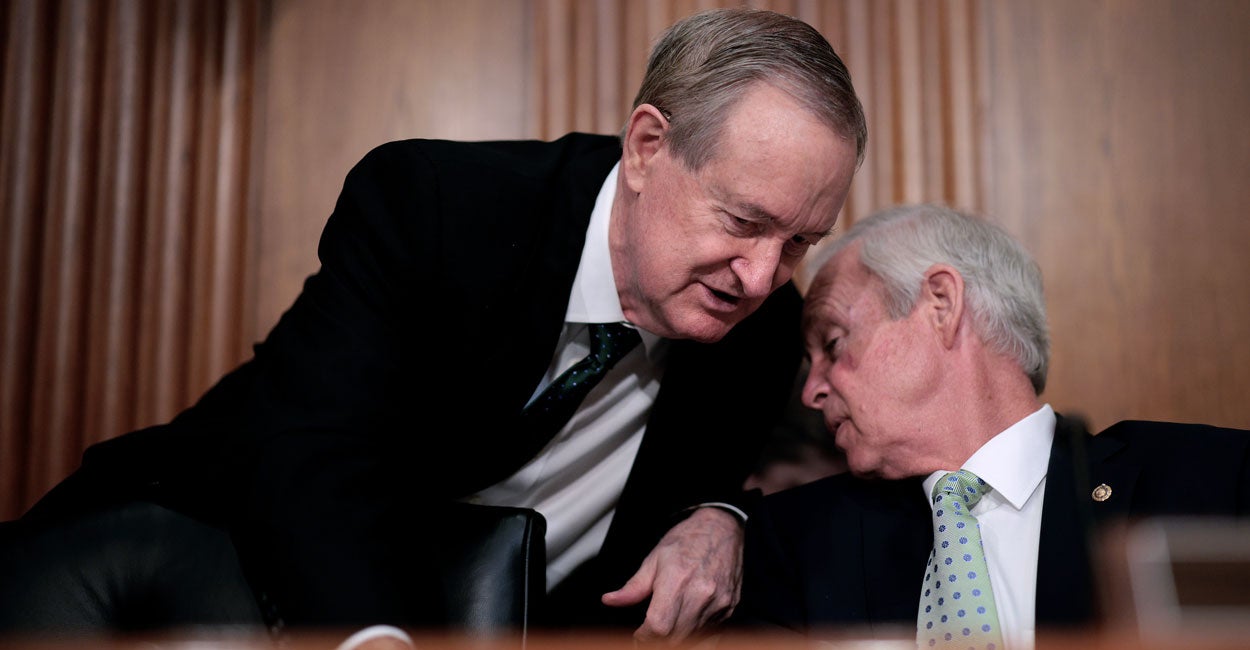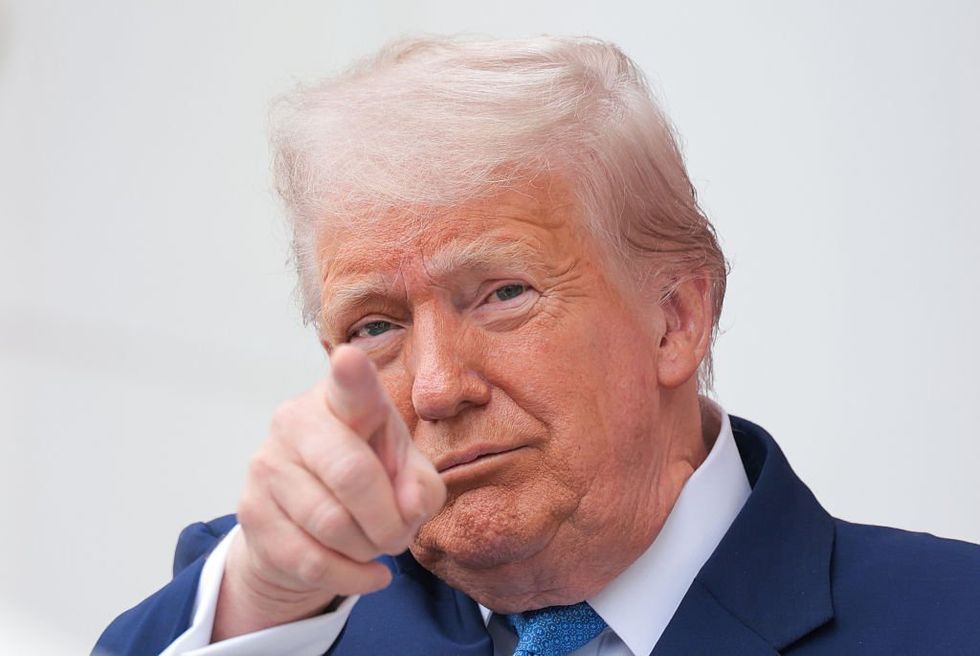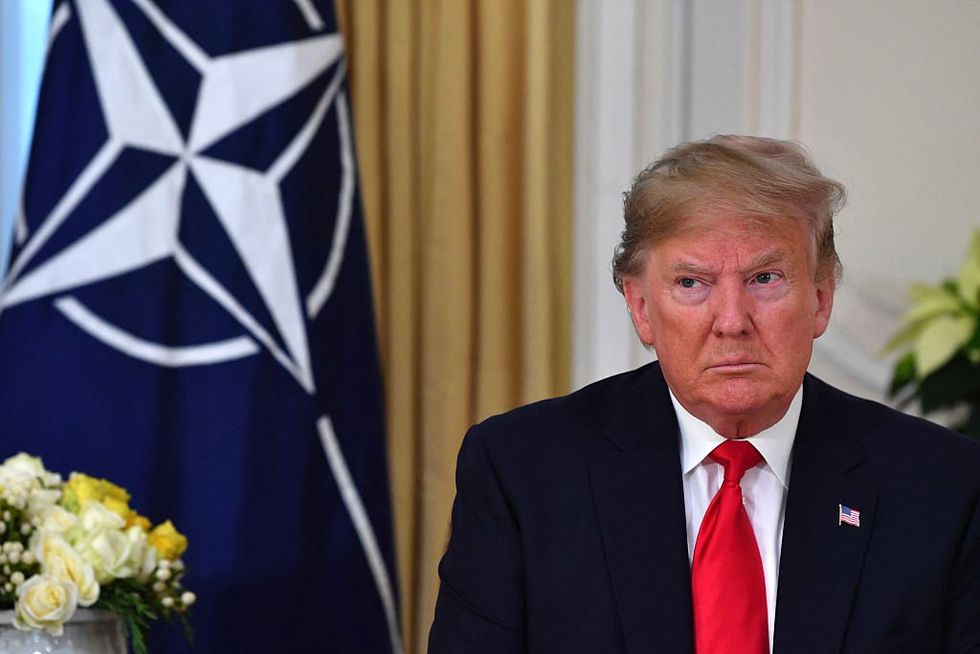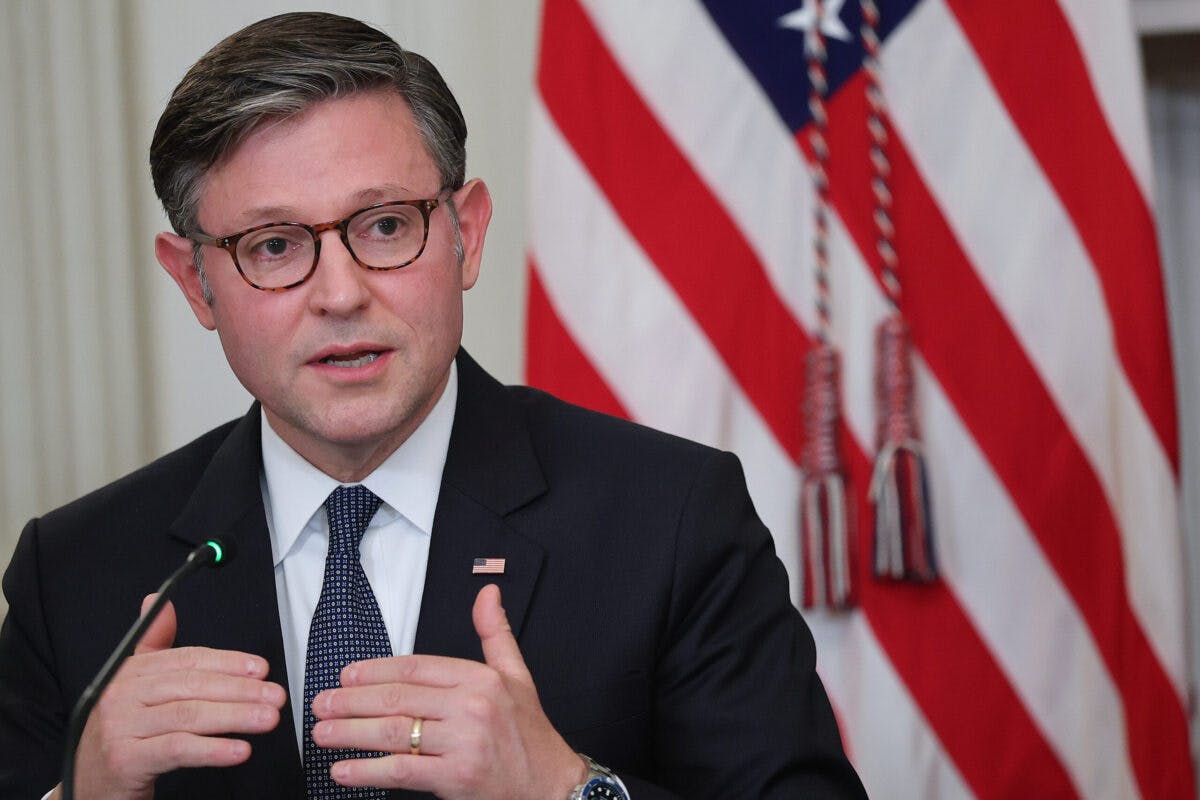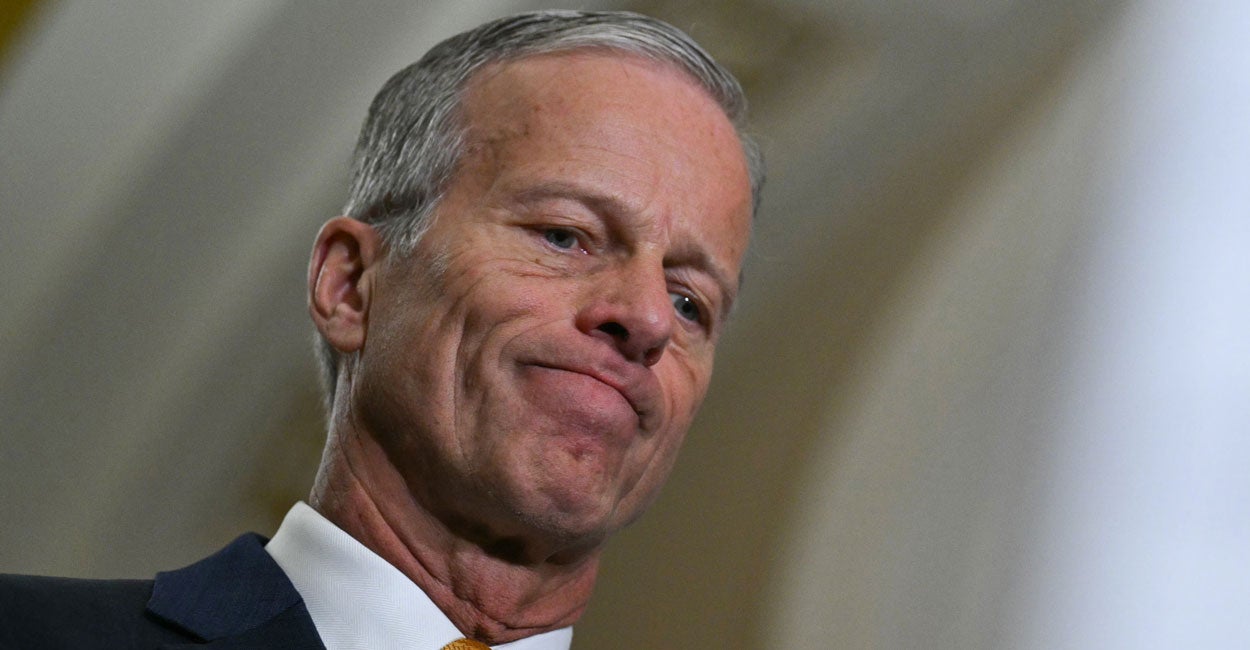Trump announces creation of new government department to tax other countries
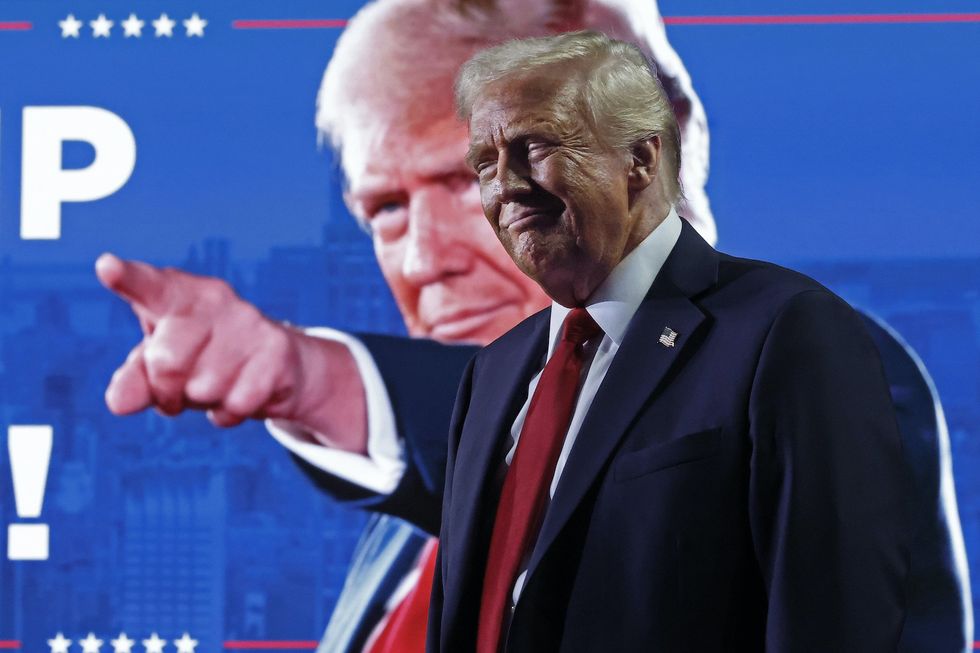

President-elect Donald Trump announced the creation of a new government department to seek tariff payments from foreign governments.
Trump called the new department the External Revenue Service, in reference to the Internal Revenue Service that manages federal tax payments from U.S. citizens.
'We will begin charging those that make money off of us with Trade, and they will start paying, FINALLY, their fair share.'
"For far too long, we have relied on taxing our Great People using the Internal Revenue Service (IRS). Through soft and pathetically weak Trade agreements, the American Economy has delivered growth and prosperity to the World, while taxing ourselves," read the message on social media.
"It is time for that to change," he added.
"I am today announcing that I will create the EXTERNAL REVENUE SERVICE to collect our Tariffs, Duties, and all Revenue that come from Foreign sources," Trump said. "We will begin charging those that make money off of us with Trade, and they will start paying, FINALLY, their fair share."
He declared that Jan. 20, the first day of his second term, would be the "birth date" of the External Revenue Service.
Trump has pushed for higher tariffs for many years as a way to obtain funds from foreign trade partners and also as a negotiation tool. Critics of the plan say that tariff impositions lead to retaliatory tariffs and often end in damaging trade wars.
The president of Mexico, one of Trump's tariff targets, made this argument when trying to dissuade him from a threat of tariffs on the country.
"Among Mexico's main exporters to the United States are General Motors, Stellantis, and Ford Motor Company, which arrived in Mexico 80 years ago," wrote President Claudia Sheinbaum. "Why impose a tariff that would jeopardize them? Such a measure would be unacceptable and would lead to inflation and job losses in both the United States and Mexico."
Others note that tariffs are often simply passed on to the consumer in the form of higher prices for products and services.
"This is clever marketing, but it doesn't change the fact that American consumers will end up paying these higher tariffs," responded Heather Long, the economic columnist of the Washington Post.
Like Blaze News? Bypass the censors, sign up for our newsletters, and get stories like this direct to your inbox. Sign up here!
Originally Published at Daily Wire, Daily Signal, or The Blaze
What's Your Reaction?
 Like
0
Like
0
 Dislike
0
Dislike
0
 Love
0
Love
0
 Funny
0
Funny
0
 Angry
0
Angry
0
 Sad
0
Sad
0
 Wow
0
Wow
0
